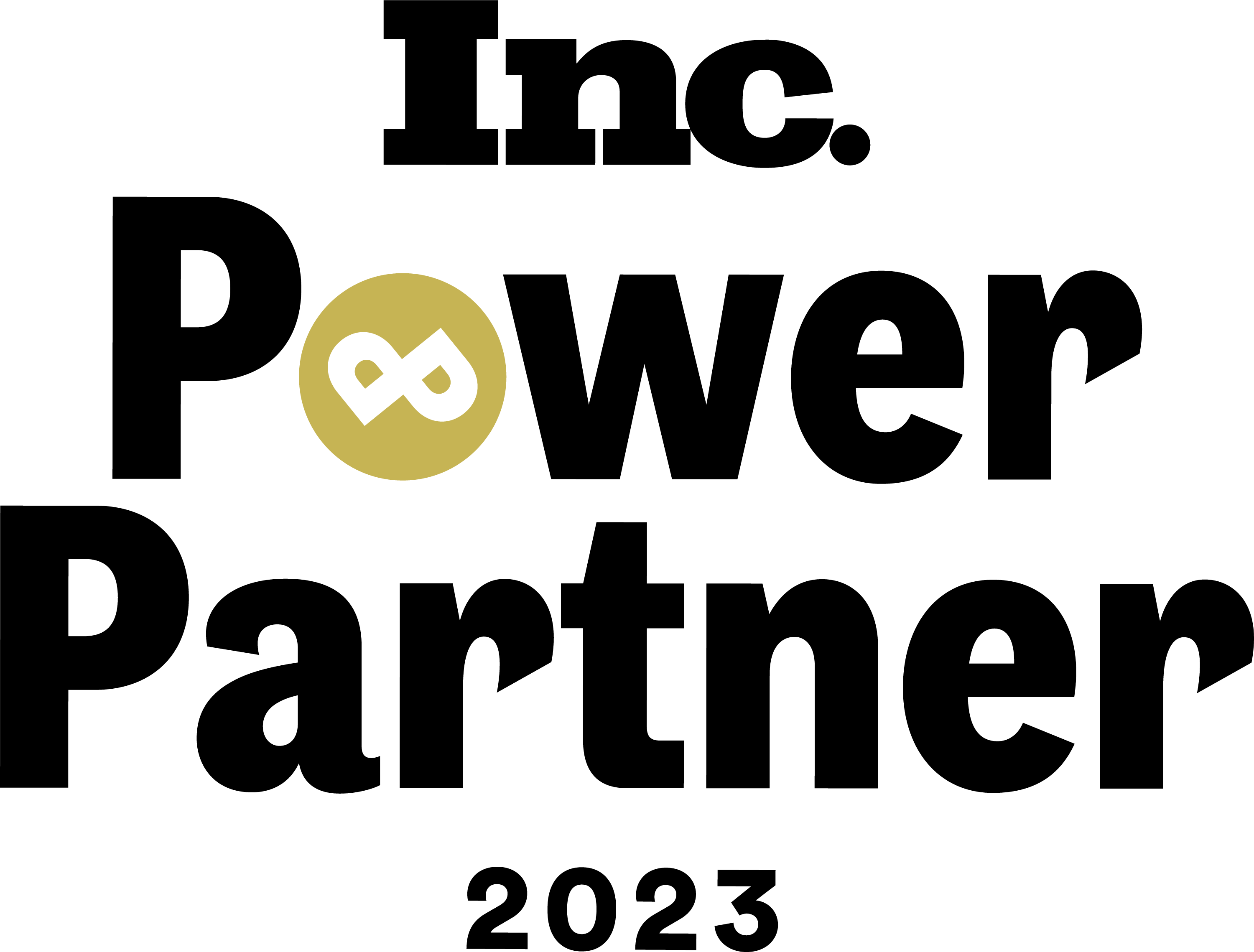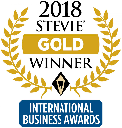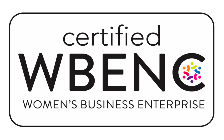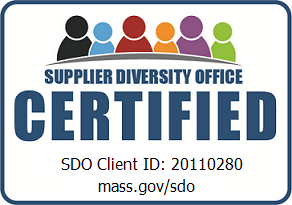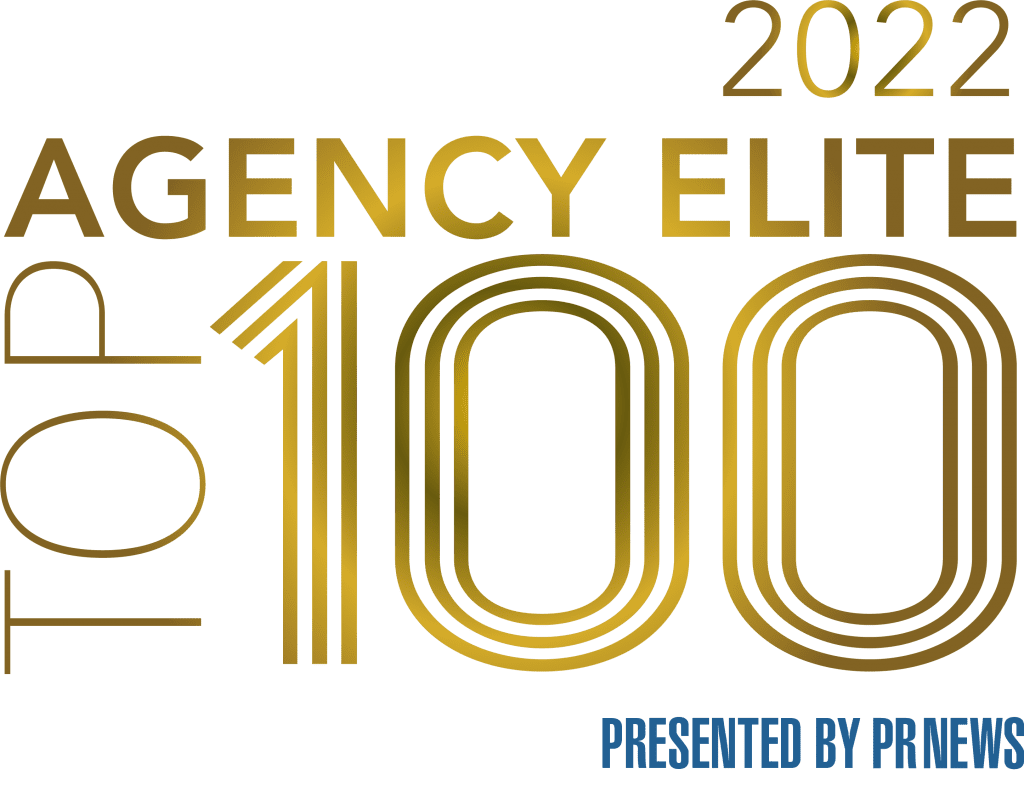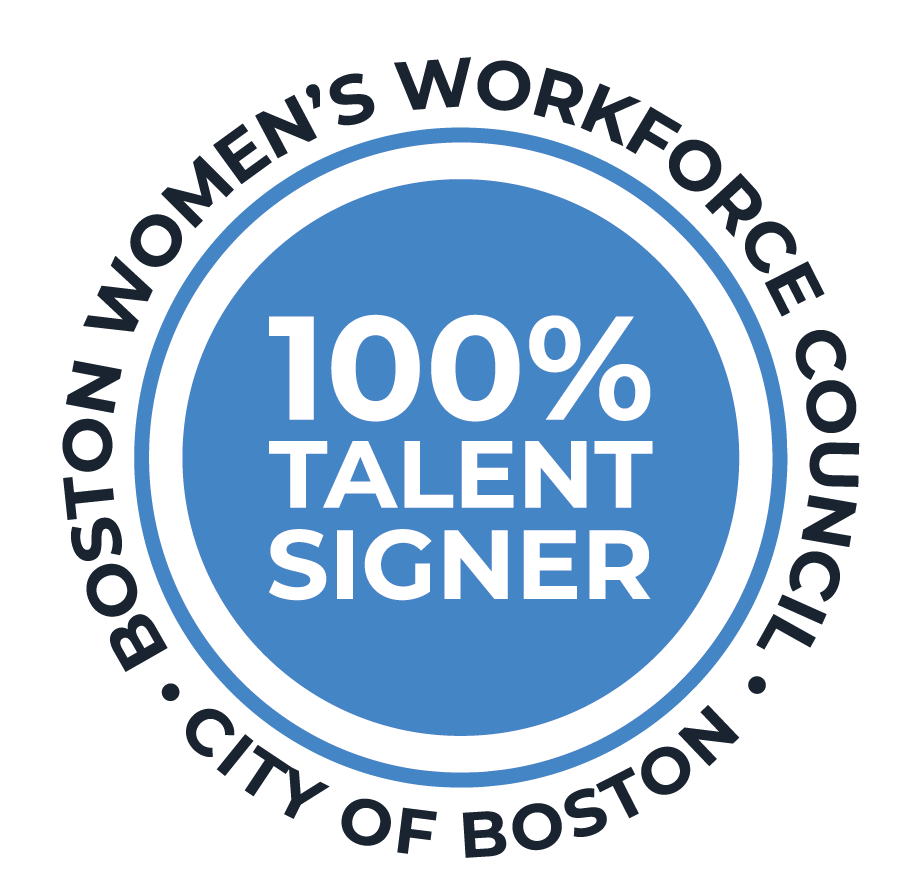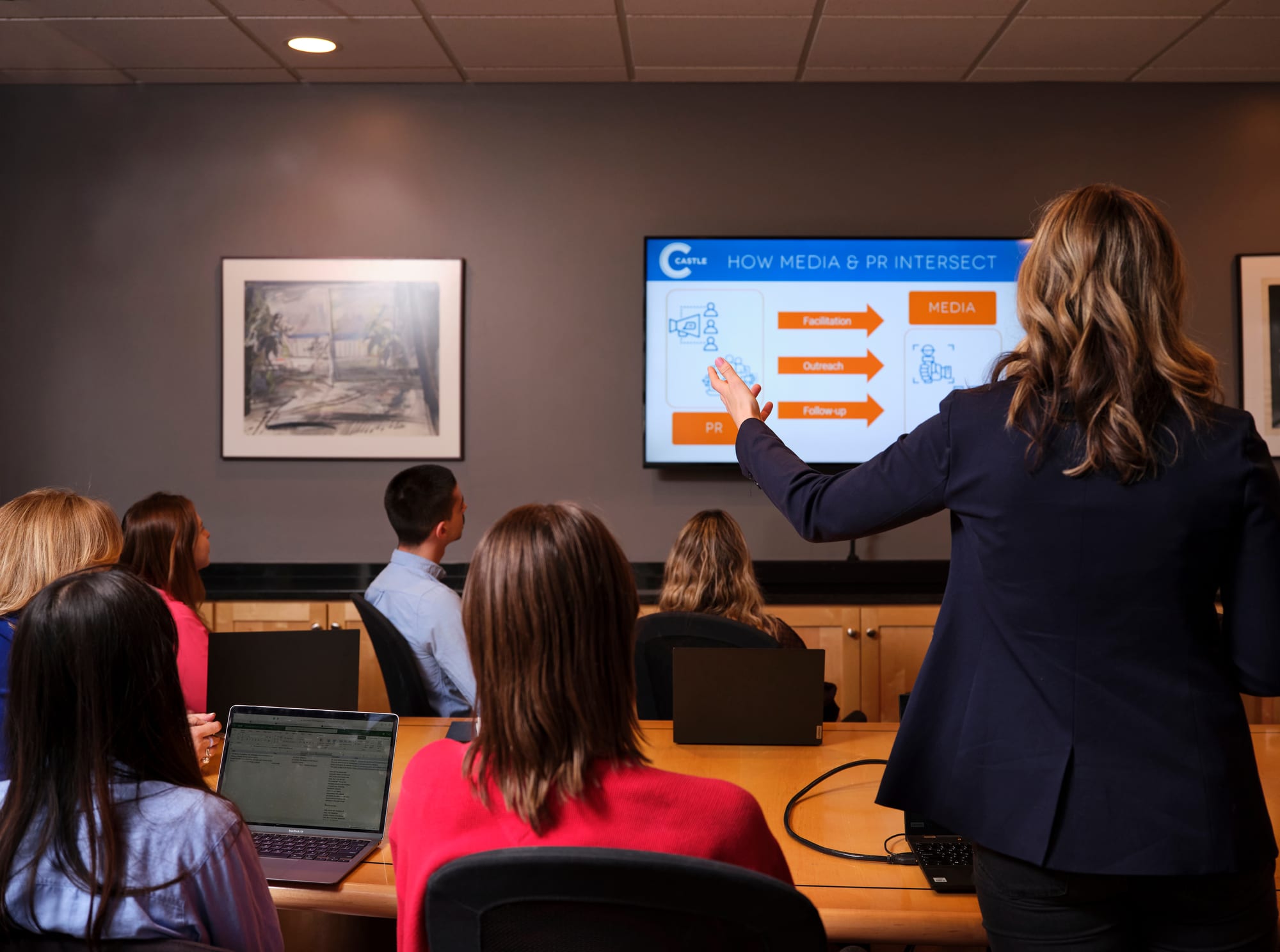
Every organization has multiple executives who speak to the media on behalf of their institution. A president shares the company’s vision; a CFO discusses financials; a subject matter expert promotes research findings or discusses trends; a PR professional serves as the spokesperson in a utility role on a broad range of topics and story ideas.
Media training is a valuable exercise to ensure all spokespeople, from seasoned executives to newer professionals, have developed the skills to effectively deliver news and key messages with confidence and consistency while properly positioning the institution and managing any potential risks.
Whether it’s a refresher or a first time training, the importance of being fully prepared for a media interview cannot be overstated. Knowing what to expect and how to respond to difficult lines of questioning and different interview styles will better position a spokesperson as a valuable resource and strengthen the relationship with a reporter/editor.
Key Takeaways
- Learn how the media works in today’s fast-paced news cycle
- Prepare for an interview – know your audience and anticipate questions
- Communicate a clear, consistent message – tips for responding and reframing, as needed
- The actual interview – what to wear, what to expect, what to do (and not do)
Experience
The Castle Group has nearly 20 years of experience in media training, preparing top executives in multiple industries, such as financial services, higher education, technology, and consumer brands. As media trainers have worked in both public relations and in the media, participants gain first-hand knowledge and insight around the interview process.
Format
- Full-day and half-day sessions are available and are tailored to meet client needs and goals
- Castle’s team includes two media trainers and a videographer
- The training is typically broken into two segments:
- Part 1: discuss media interview techniques, challenges, key messages, nonverbal communications and scenarios
- Part 2: videotape multiple mock interviews with each participant and provide feedback/critique/review on participant’s performance
- Castle provides links to the videotaped interviews, so participants can continue to review, refresh and remember how to best participate in and manage interviews, from general to crisis situations


